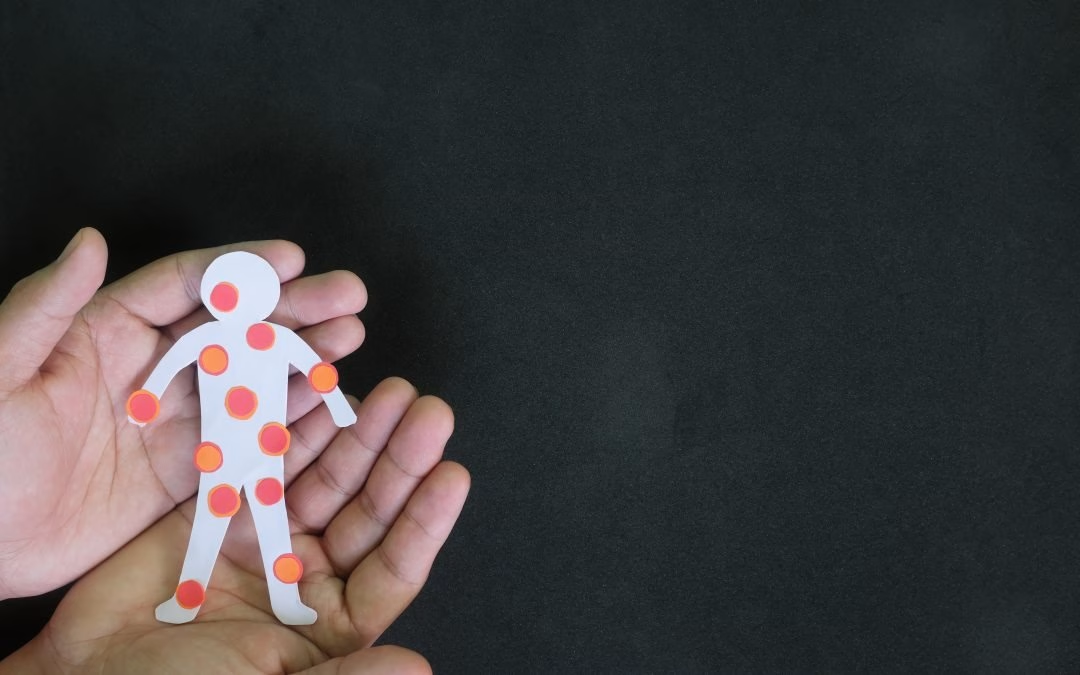Defeat the Winter Blues: Managing Seasonal Affective Disorder (SAD) by Boosting Vitamin D Levels
Have you ever heard that sunshine makes you happier? It’s actually true, and there is a scientific explanation for why. Our bodies need a lot of different vitamins to maintain health, and vitamin D is one of the essentials naturally found in sunlight. Hike or bike the Eureka Trail this winter or visit the gardens at Sunshine Hollow for a leisurely stroll to get your daily sunlight intake. Even if it’s chilly, getting outside could be a game changer when it comes to getting your vitamin D fill. Vitamin D fuels bones, immunity, and overall well-being, while dwindling sunlight can trigger Seasonal Affective Disorder (SAD). This quick guide will explore tips for overcoming SAD and how to get enough vitamin D to keep your spirits lifted this winter.
If you have questions about Seasonal Affective Disorder or ways to get vitamin D during the winter season, contact AFC Urgent Care Athens, and we’ll be ready to help.
What is Seasonal Affective Disorder (SAD)?
SAD is a type of depression linked to reduced sunlight. People often do not realize how a lack of sunlight negatively affects them until they get into a rut. Watch out for these signs and catch SAD symptoms early before they begin to affect your day-to-day:
- Low energy and fatigue: You feel drained, even after sleep.
- Appetite changes: Cravings for unhealthy foods or a lack of appetite overall.
- Sadness and hopelessness: Pessimism and a down mood take hold.
- Lost interest: Hobbies and activities lose their appeal.
- Struggles concentrating: Focusing becomes more difficult than usual.
- Sleep disruptions: You sleep too much or too little, with restless nights.
Don’t dismiss these symptoms as nothing. SAD is a real concern, and acknowledging its presence is the first step to feeling better.
Getting Enough Vitamin D
If you are suffering from SAD symptoms, getting sufficient vitamin D could put you on the path toward a healthier self. Simple ways to get enough vitamin D include the following:
- Get Outside: As shorter days cast long shadows, getting enough sunlight can feel impossible. Aim for just 15-30 minutes a day outside, even if it’s chilly. Take your lunch break outside or go for a quick walk in the mornings or early evenings.
- Eat Your Vitamins: Fatty fish (salmon, mackerel), mushrooms, egg yolks, and milk are just a few Vitamin D rich foods to incorporate into your daily diet.
- Take Your Supplements: Over-the-counter supplements may be a good fit, especially if sun exposure is limited or dietary restrictions are in play. Always consult a doctor first if you are considering taking supplements to meet your vitamin intake needs.
If you still are experiencing SAD symptoms, be sure to consult a healthcare professional with your symptoms and concerns.
How Much Does Sunlight Impact SAD?
Sunlight regulates your inner clock, otherwise known as the circadian rhythm, which impacts sleep, mood, and appetite. When sunshine decreases, this rhythm gets disrupted, throwing off hormones like melatonin and serotonin. Melatonin rises even during the day and leads to excessive sleepiness. Serotonin, a natural mood-booster, will dip contributing to sadness and irritability. Understanding how sunlight affects your inner workings helps to combat SAD. Consider light therapy as a treatment if your exposure to natural sunlight is limited this winter.
Benefits of Light Therapy
Light therapy mimics natural sunlight and is a safe and effective treatment for SAD, often paired with lifestyle changes and self-care strategies. Light boxes emit bright light used for 20-30 minutes upon waking. While some light boxes may also boost Vitamin D, their primary focus is mood and sleep regulation. Consult your doctor to see if light therapy is right for you and to choose the best box and treatment plan.
Personalized Self-Care for Treating SAD Symptoms
Practicing self-care is essential for treating SAD symptoms. Self-care is personalized and will look different for everyone. A few ideas consider include:
- Get outside: Do an outdoor activity every day like walking your dog or sitting on your porch (which will expose you to sunlight!)
- Engage in activities you love: Whether it’s reading, hiking, cooking, or spending time with friends, do what you enjoy.
- Eat well: Enjoy balanced, nutritious diet rich in fruits, vegetables, and whole grains.
- Get regular exercise: even moderate workouts release mood-boosting endorphins.
- Prioritize sleep: Aim for 7-8 hours of quality sleep each night.
- Connect with others: Social interaction combats isolation and loneliness.
Understanding how SAD could affect you allows you to take proactive steps to manage your mental health throughout the winter. Remember, your well-being is paramount, and taking care of yourself is nothing to be ashamed of.
Increase your Vitamin D intake as needed and work toward these SAD management tips to overcome the challenges of winter and embrace a healthier self. Always consult a healthcare professional if you are making significant health changes to your life or are considering supplements. Our team at AFC Urgent Care Athens is here to support you on your journey to optimal health.



